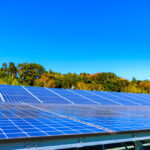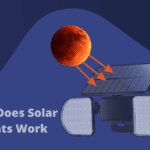Why is My Solar Panel Not Charging My Battery? Unravel the Mystery
If your solar panel is not charging your battery, it may be due to insufficient sunlight or a faulty component. Issues can include incorrect installation, damaged panels, or battery problems.
Solar energy provides a renewable power source, but sometimes your solar panel may not effectively charge your battery. Homeowners and individuals who rely on solar power for their energy needs frequently face this difficulty. A multitude of factors can disrupt the charging process: shade obstructing the solar panels, dirt or debris covering the panel surface, wiring issues, or even a malfunctioning charge controller.
It’s essential to comprehend these underlying causes to maintain an efficient solar power system. Ensuring your solar panel setup is optimized for maximum sunlight exposure, regularly cleaning the panels, and monitoring the system’s components are vital steps for troubleshooting and preventing charging issues. These factors can greatly impact the efficiency of your solar energy setup, and addressing them promptly can help restore full functionality to your solar system.
Common Culprits Behind Charging Failures
Discovering that your solar panel isn’t charging your battery can be frustrating. Let’s explore common issues that might stop your solar panels from performing well. Understanding these problems can help you fix them quickly. This ensures your system works smoothly again.
Faulty Connections Or Wiring
Loose or damaged wiring is a frequent issue behind charging failures. If the connections between your solar panel and battery aren’t secure, power transfer can’t happen efficiently. Check these:
- Terminals: Ensure they are tight and clean.
- Wires: Look for signs of wear or breakage.
- Connections: Confirm they are in the right place and functioning.
It’s important to turn off the system before inspecting it. This avoids injury and further damage.
Use a multimeter to check the continuity. This ensures the electricity is flowing as it should. Replace any faulty parts to solve the problem.
Inadequate Solar Panel Output
Solar panels might produce less power than needed. This is inadequate solar panel output. Several factors affect this:
- Sunlight availability
- Panel cleanliness
- Shadows or obstructions
- Panel age or damage
When panels do not get enough light, they can’t generate much power. Dirt and debris reduce the amount of light hitting the panels. Shadows from trees or buildings also block light. Old or damaged panels may not work well.
To fix this, clean your panels and move any objects that cast shadows. Consider upgrading old or damaged panels.
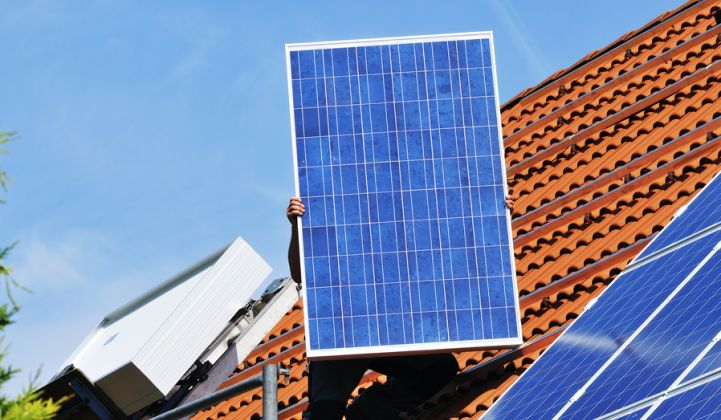
Credit: www.greentechmedia.com
Environmental Factors At Play
Understanding environmental factors is key when solving solar panel charging issues. Nature plays a large role in how well solar panels function. The following sections dive into the common environmental culprits affecting solar energy systems.
Shading Issues
Partial or complete shading can drastically reduce a solar panel’s effectiveness. Even the shadow of a tree branch can impact power production. Solar panels need direct sunlight to generate maximum energy. Any obstacle, such as a nearby building, tree, or passing cloud, can cause unexpected drops in power output, which in turn means less energy is available to charge the batteries.
Bold items to consider with shading:
- Time of day: Shadows move as the sun crosses the sky.
- Seasons: The sun’s angle changes with the seasons, affecting shading patterns.
- Surroundings: Nearby structures or foliage can cast shadows.
Weather-induced Charging Interruptions
Weather conditions strongly influence solar charging. Overcast skies, substantial cloud cover, or heavy rains can lead to insufficient solar energy. This energy deficit means your battery may not charge fully or at all. Solar panels rely on the intensity of sunlight to generate electricity; thus, less sunlight translates to less power.
Key weather-related factors include:
- Rain: Washes panels but can block sunlight.
- Clouds: Reduce solar irradiance and panel efficiency.
- Snow: Can cover panels, stopping energy production entirely.
Battery Health And Maintenance
Keeping your solar power system efficient revolves around maintaining good battery health. Proper care ensures peak performance and longevity. Batteries not charging can stem from several issues related to their health and upkeep.
Aging And Capacity Loss
Batteries don’t last forever. Over time, they lose the ability to hold a charge. This natural decline is due to chemical processes within the battery. It happens even with the best care. Recognizing aging signs early can prevent charging problems.
- Slow charging speed
- Quickly depleting charge
- Swollen or leaking units
Regular testing is key. It will show capacity loss. Replace old batteries to keep your solar panels efficient.
Improper Battery Usage And Care
How you use and care for your battery determines its health. Running batteries below their recommended levels damages them. This damage reduces their ability to recharge.
| Care Tip | Benefit |
|---|---|
| Timely Recharging | Prevents deep discharge |
| Avoiding Overcharging | Limits excessive wear |
| Temperature Control | Optimizes battery environment |
| Clean Contacts | Ensures efficient power flow |
Follow the manufacturer’s guidelines for the best results. Never expose batteries to extreme temperatures. Clean contacts remove buildup that can block charging.
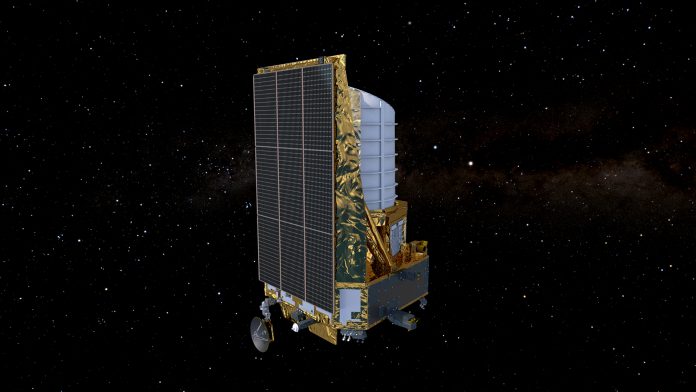
Credit: www.innovationnewsnetwork.com
Solar Panel Performance Challenges
Having a solar panel that doesn’t charge your battery can be frustrating. Solar performance issues often stem from various challenges. Let’s explore some common hurdles that could be affecting your solar setup.
Misaligned Panels
Misaligned Panels
Proper alignment is crucial for maximum energy absorption. Misaligned panels fail to capture the sun’s full potential. This impacts battery charging efficiency. Below are key factors leading to misalignment:
- Incorrect Installation: Panels must face the right direction.
- Physical Obstructions: Trees or buildings can block sunlight.
- Seasonal Changes: The sun’s position changes with seasons.
Regularly inspect your solar panels’ alignment to ensure optimal positioning.
Degraded Solar Cells
Degraded Solar Cells
Solar cells can degrade over time, losing their ability to convert light into energy. Factors contributing to degradation include:
| Cause | Effect |
|---|---|
| Exposure to Elements | Wear and tear from weather. |
| Manufacturing Defects | Shorter lifespan of cells. |
| Age | Natural decrease in performance. |
Monitor your solar panels for signs of wear. Consider replacement if efficiency drops significantly.
System Compatibility And Setup Errors
When diving into the world of solar power, you might encounter issues where your solar panels fail to charge your batteries. Understanding system compatibility and addressing setup errors can be pivotal in resolving these issues. It is crucial to ensure every component works harmoniously and is installed correctly to harness the sun’s energy effectively.
Mismatched System Components
One critical aspect is matching your solar panels to your batteries. They must communicate efficiently for optimal charging. Mismatches can lead to underperformance or damage:
- Voltage compatibility is essential to prevent overcharging or undercharging.
- The amperage output of panels should align with battery capacity.
- Regulators and charge controllers must be the right size for your system.
For instance:
| Component | Specification | Compatibility Check |
|---|---|---|
| Solar Panel | 12V | Match |
| Battery | 12V | |
| Charge Controller | 10A | Match with Solar Panel Output |
Incorrect Installation Procedures
Proper installation is vital for a fully functional solar power system. Here’s where things often go wrong:
- The wiring may be incorrect, leading to poor connections.
- Controllers might not be set up per manufacturer instructions.
- The orientation and angling of panels might be off, reducing exposure to sunlight.
Correcting the installation errors can dramatically improve charging:
- Double-check the wiring against the system manual.
- Configure the settings on charge controllers correctly.
- Ensure the panels face the sun at optimal angles for maximum exposure.
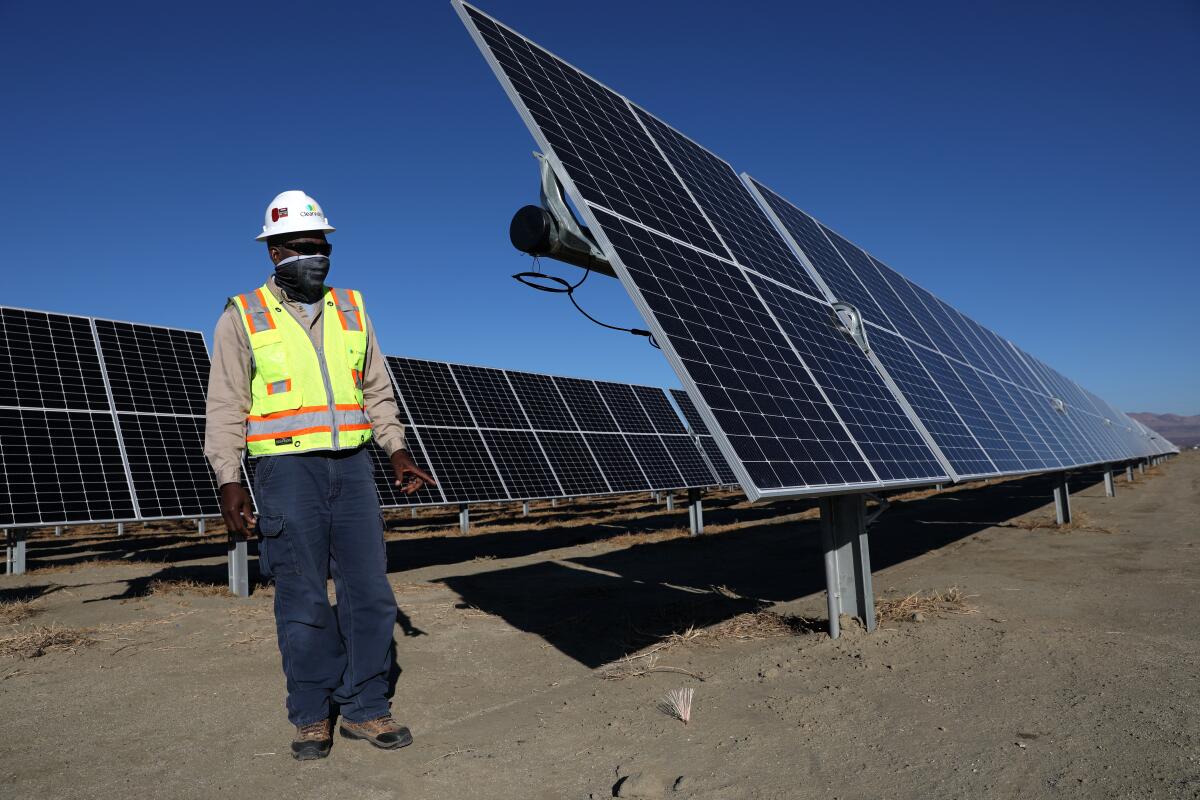
Credit: www.latimes.com
Troubleshooting And Solutions
Struggling with a solar panel that won’t charge your battery? You’re not alone. Many face this issue, and pinpointing the culprit requires a systematic approach. Stick with us as we walk you through troubleshooting steps, and guide you towards effective remedies to get your solar power system back on track.
Diagnostic Steps
Diagnostic Steps
Begin by checking the basics: Are the panels getting enough sunlight? Is there shade obstructing them? Sometimes, simple fixes like repositioning your panels make all the difference. Next, inspect all cable connections; loose or damaged wires interrupt power flow. Lastly, ensure your charge controller is in good shape and properly set for your specific battery type.
- Examine solar panel positioning
- Inspect all cables and connections
- Check charge controller settings
Effective Remedies
Effective Remedies
Clean solar panels boost efficiency. Dust and debris reduce their performance. Use a soft cloth and soapy water for a gentle cleanse. If cables are at fault, replacing them is your go-to solution. For charge controller issues, refer to the manual for correct settings or consider a replacement if it’s faulty.
- Clean the panels thoroughly
- Replace any faulty wiring
- Adjust or replace the charge controller
| Problem | Checklist Item | Remedy |
|---|---|---|
| Shady solar panels | Panel positioning | Reposition for maximum sunlight |
| Loose connections | Cables and connections | Tighten or replace cables |
| Incorrect settings | Charge controller | Adjust settings or replace the unit |
Frequently Asked Questions Of Why Is My Solar Panel Not Charging My Battery
How Do You Know If A Solar Panel Is Charging A Battery?
To determine if a solar panel is charging a battery, check the charge controller’s indicator light or display for charging status. A multimeter can show a rising voltage confirming the battery is receiving power.
Why Is My Solar Light Not Charging The Battery?
Your solar light may not charge due to insufficient sunlight, dirty solar panels, a damaged battery, or technical malfunctions within the unit. Ensure the solar panel receives ample sunlight and is clean for optimal charging. If problems persist, consider battery or light replacement.
Why Is My Solar Inverter Not Charging The Battery Fully?
Your solar inverter may not fully charge the battery due to shading on panels, system malfunctions, or insufficient sunlight. Other causes can include outdated firmware or improper system settings. Regular maintenance and system checks can help ensure optimal charging.
Why Isn’t My Solar Panel Working?
Your solar panel may not work due to a few common issues: shading, dirt buildup, system malfunctions, or wiring problems. Regular maintenance and troubleshooting are essential for optimal performance.
Conclusion
Understanding solar panel charging issues can be daunting, but it is crucial for maintaining a reliable power source. Ensuring proper panel positioning, checking for hardware malfunctions, and regular maintenance are key steps. For a truly efficient solar setup, addressing these factors can revive your battery charging and harness the sun’s full potential.
Remember, your solar investment thrives on attention to detail.

